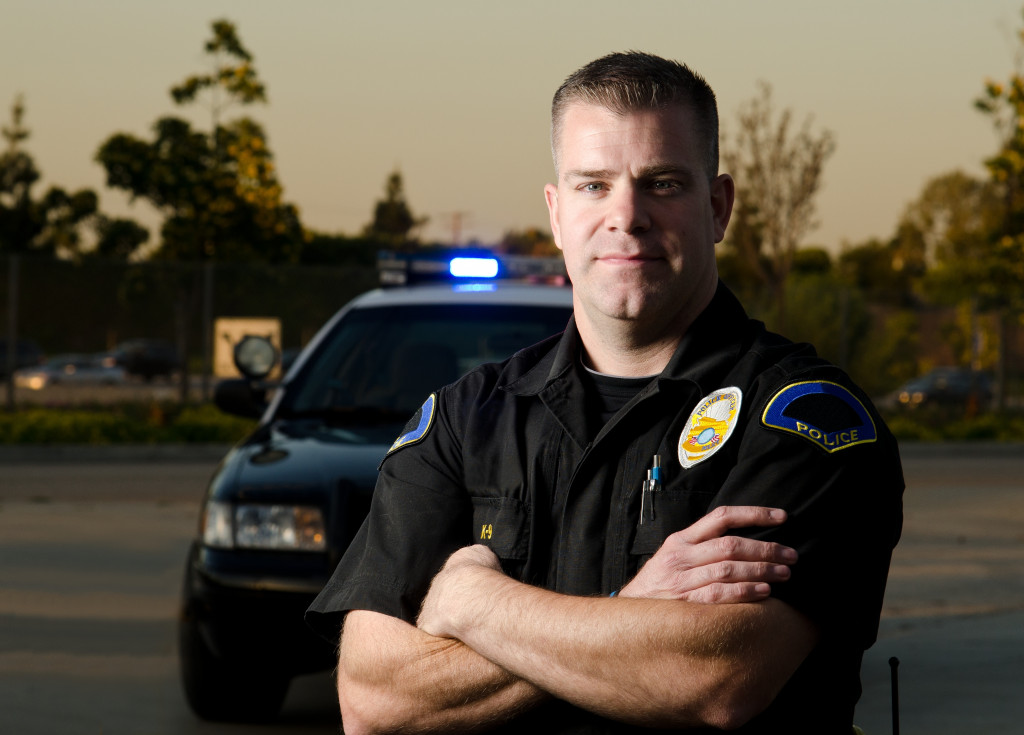- Remain calm and courteous when pulled over and rolled down the window.
- Turn off the engine and keep your hands visible on the steering wheel.
- Comply with the officer’s instructions, but remain silent until a lawyer is present.
- Provide documentation upon request, ask permission before reaching for items, and do not argue or become hostile.
- Hire a lawyer if necessary to protect rights and mitigate charges.
Even though 2021 saw a decrease in use-of-force incidents relative to 2020, the data was still alarming. Half of all reported cases resulted in serious bodily injury or death for those involved, with 17 percent involving firearms being discharged at people. Of these catastrophic events, 11 percent came from traffic stops alone.
The most important thing to remember is to stay calm and be respectful if you are pulled over for a traffic violation. As daunting as it may seem, there are certain steps you should take to ensure that your rights are respected and that the traffic stop goes as smoothly as possible. Let’s discuss what you should do during a routine traffic stop.

Pull Over Safely
You must remain calm and pull over safely when you see those flashing lights in your rearview mirror. Do not panic or drive erratically. This can worsen the situation and put you, the police officer, and other drivers on the road in danger. Pull off to the right side of the road when possible so the officer can approach your car from behind without worrying about passing cars or oncoming traffic.
Turn Off the Engine
Turn off your engine, roll down your driver-side window, and place both hands on your steering wheel where they are always visible. This will make the officer feel more comfortable and safer. It is vital to comply with the officer’s instructions. But it is also your right to remain silent and only answer questions once a lawyer is present. If you believe that your rights have been violated during the process, write down everything that happened as soon as possible so that you can refer to it later.
Be Courteous
Remain courteous throughout the process even if the police officer is not being polite or respectful towards you. It is essential to show respect for law enforcement officers and know that you have rights. Speak calmly and collected when speaking with them, and avoid saying anything sarcastic or confrontational. Remember that this encounter will end much more quickly if both parties remain respectful of each other throughout the process.
Politely Clarify
Also, if you are unsure about something, or feel that the police officer is asking too many questions, politely ask for clarification. Don’t be afraid to ask for assistance from a lawyer. Be aware of anything you say and do in front of an officer, as it could be used against you in court. Understanding these basic tips and being aware of your rights can help you navigate a police encounter with ease.
Provide Documentation
When an officer asks for documentation such as license registration or proof of insurance, provide these documents without hesitation. However, do not reach into any pockets or glove compartments until instructed by an officer. Handing these documents promptly will show respect for law enforcement and may help move things along quickly.
Ask Permission
Additionally, asking permission before reaching for any items will ensure neither party feels threatened during this interaction. It is also important to remember that officers are not allowed to search your car without probable cause. If an officer does request a search, even without probable cause, remain polite and ask politely for an explanation of why the search is necessary. Reiterate that you want to cooperate but are not legally obligated to consent to a search without valid justification from the officer.
Do Not Argue
Do not argue with an officer or become hostile even if you believe you are unfairly treated. Arguing and becoming agitated can quickly escalate the situation and risk your safety. If the interaction becomes too heated, remaining silent until a supervisor arrives may be best.

Hire a Lawyer If Necessary
Hiring a lawyer after a traffic stop is essential, especially if the interaction has turned hostile or escalated quickly. A lawyer can provide legal advice to help best protect a person’s rights during a traffic stop. The legal professional can also guide them in knowing their specific rights and responsibilities when interacting with law enforcement officers.
You should find a reliable DUI attorney if you’re accused of driving while intoxicated or under the influence. The legal professional should have the knowledge and experience to handle these cases. The lawyer should also know how to mitigate the charge and fines. Additionally, the legal professional should help prevent the suspension of your license and jail time.
When stopped by police officers for a routine traffic violation, it is essential to remember the tips in the article. Understanding how to handle a traffic stop can help ensure that both parties remain safe while respecting each other’s rights throughout this process. With these tips in mind, you can easily navigate through a routine traffic stop!






